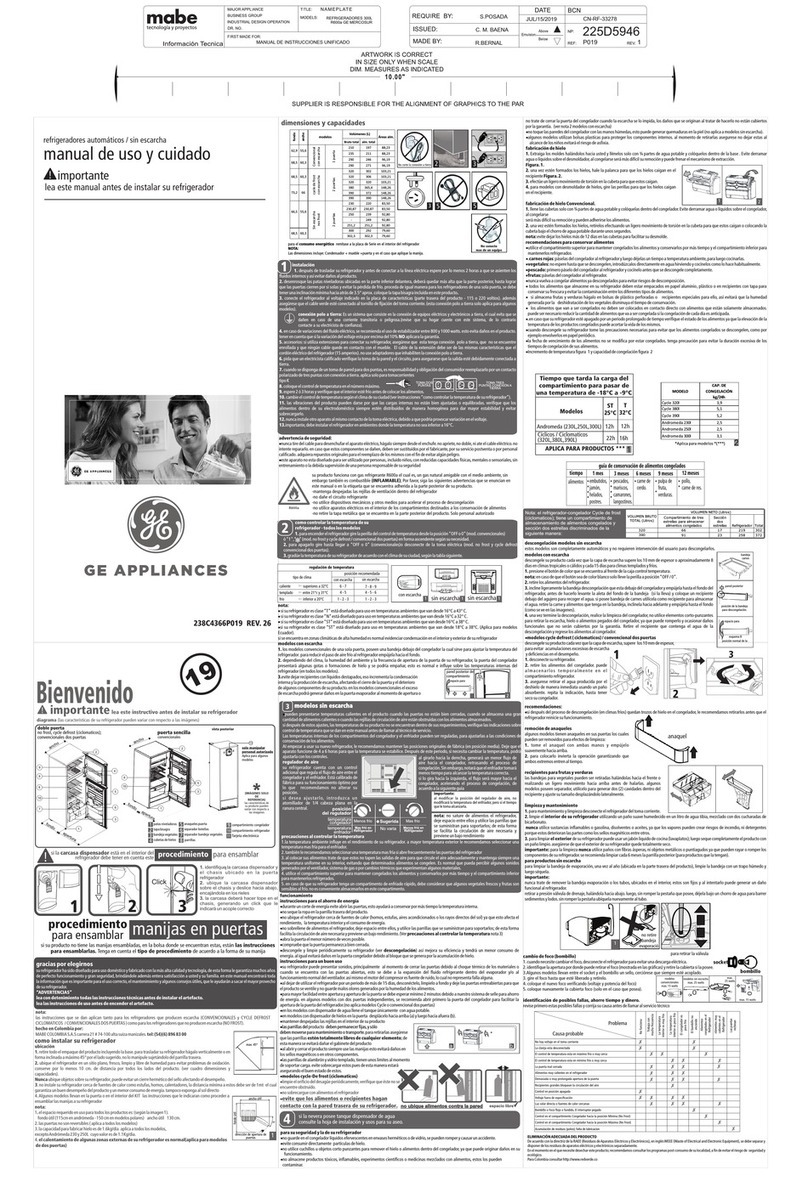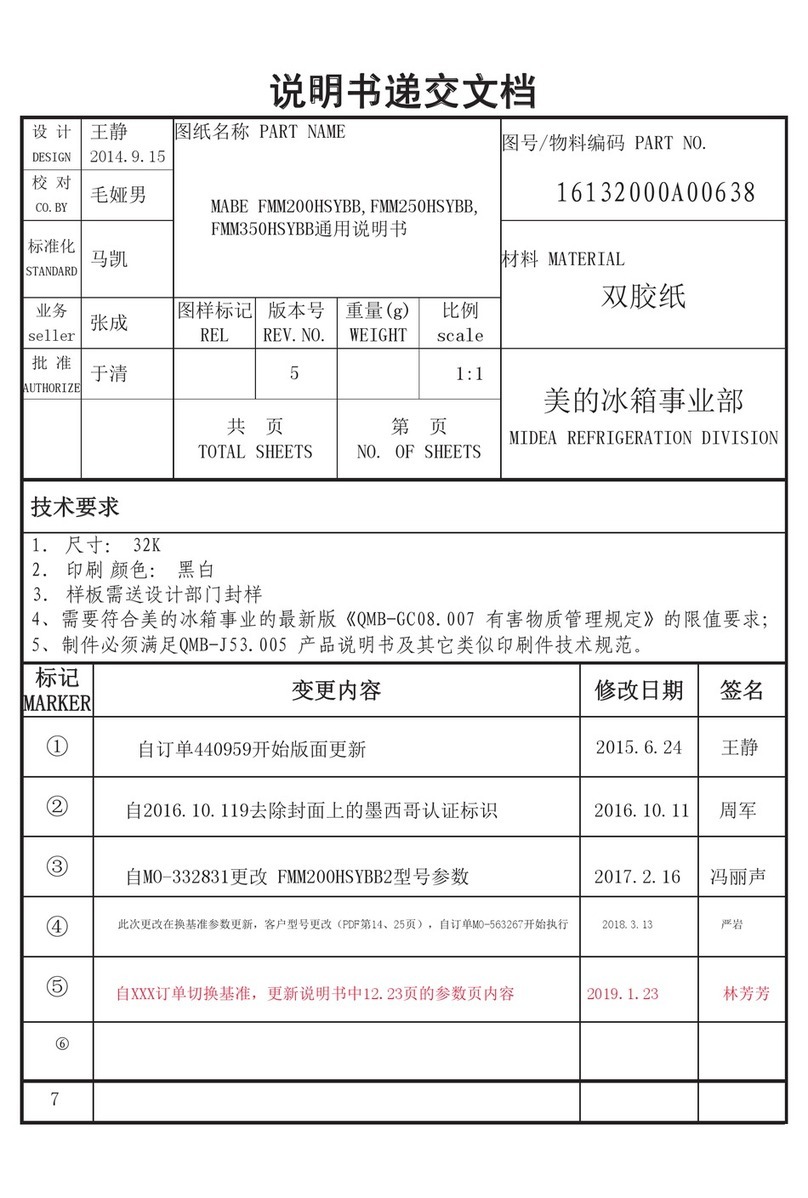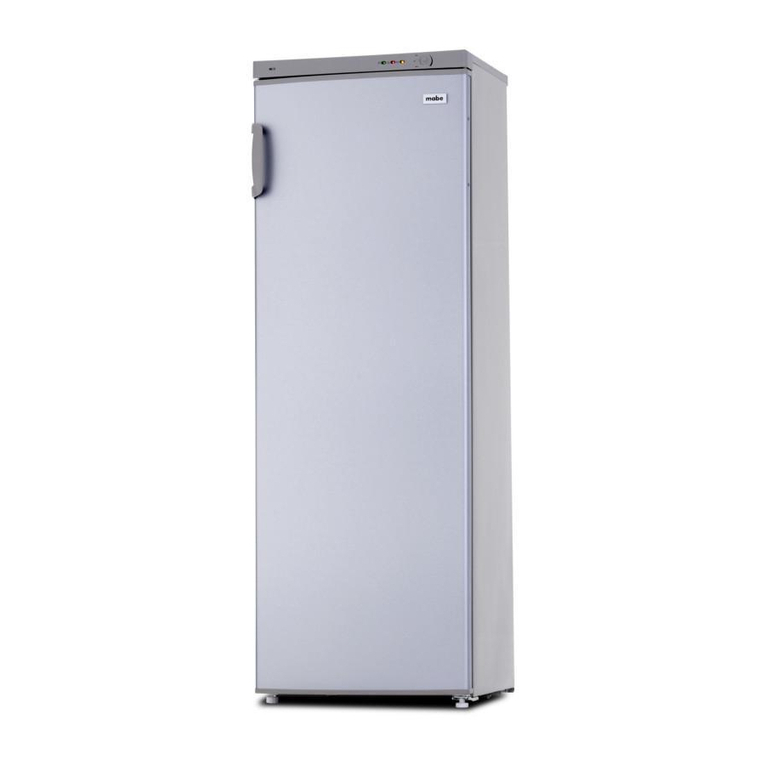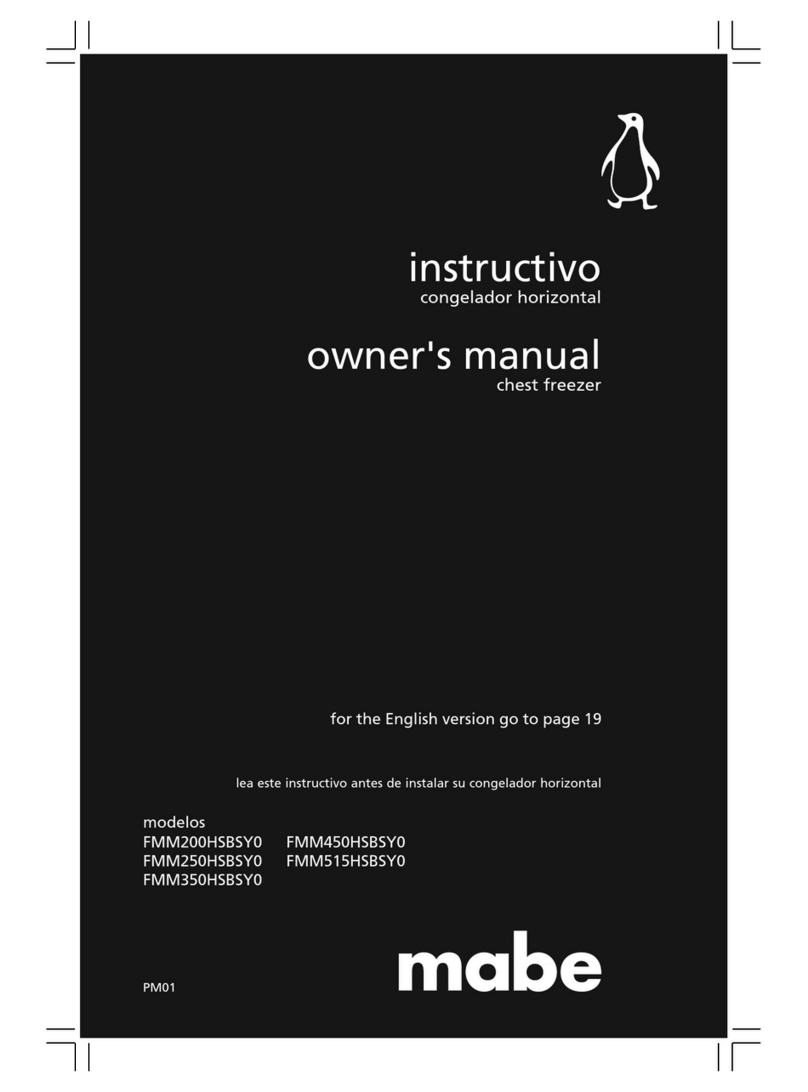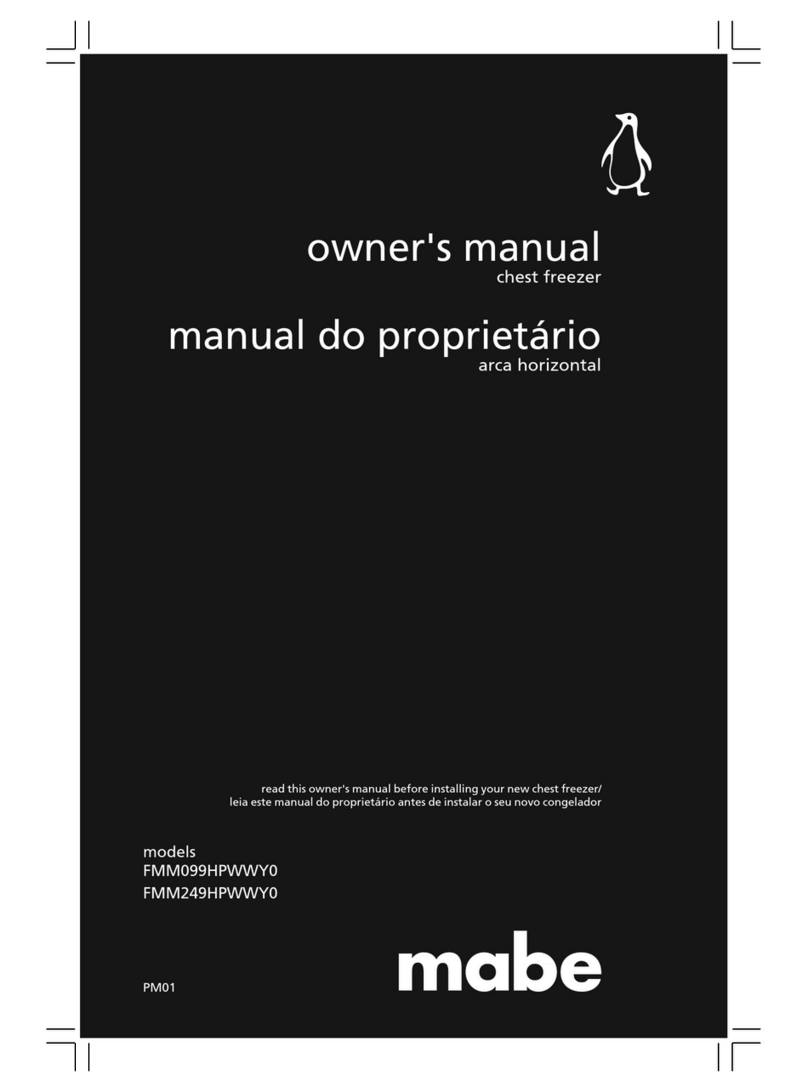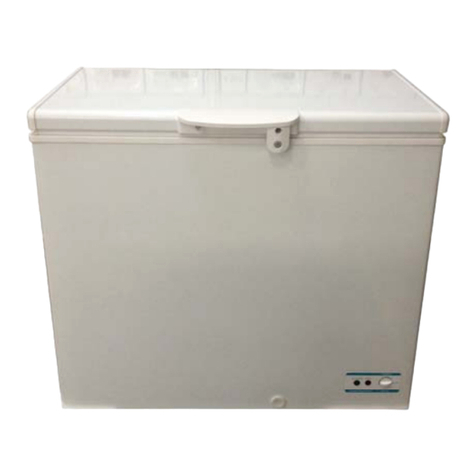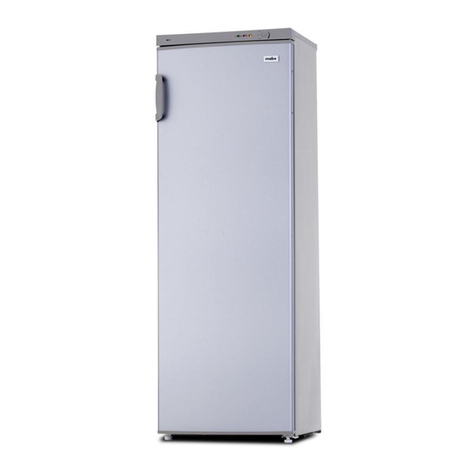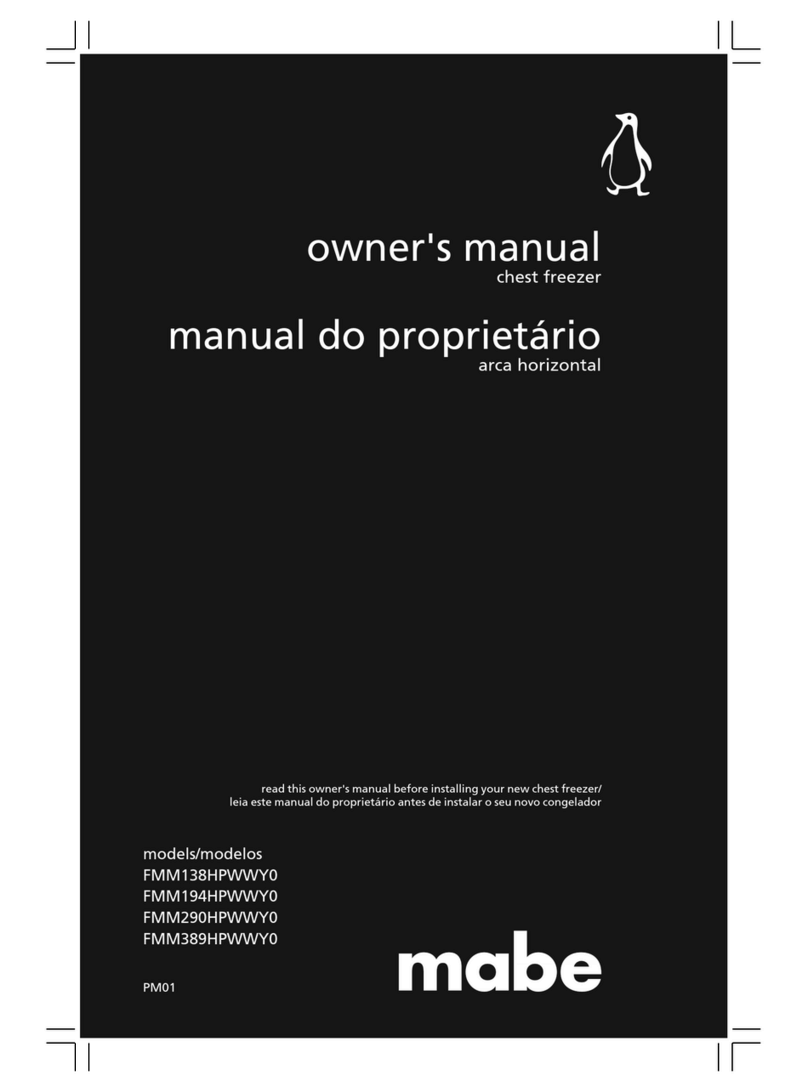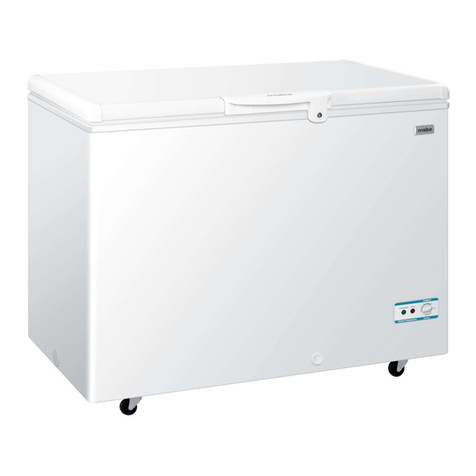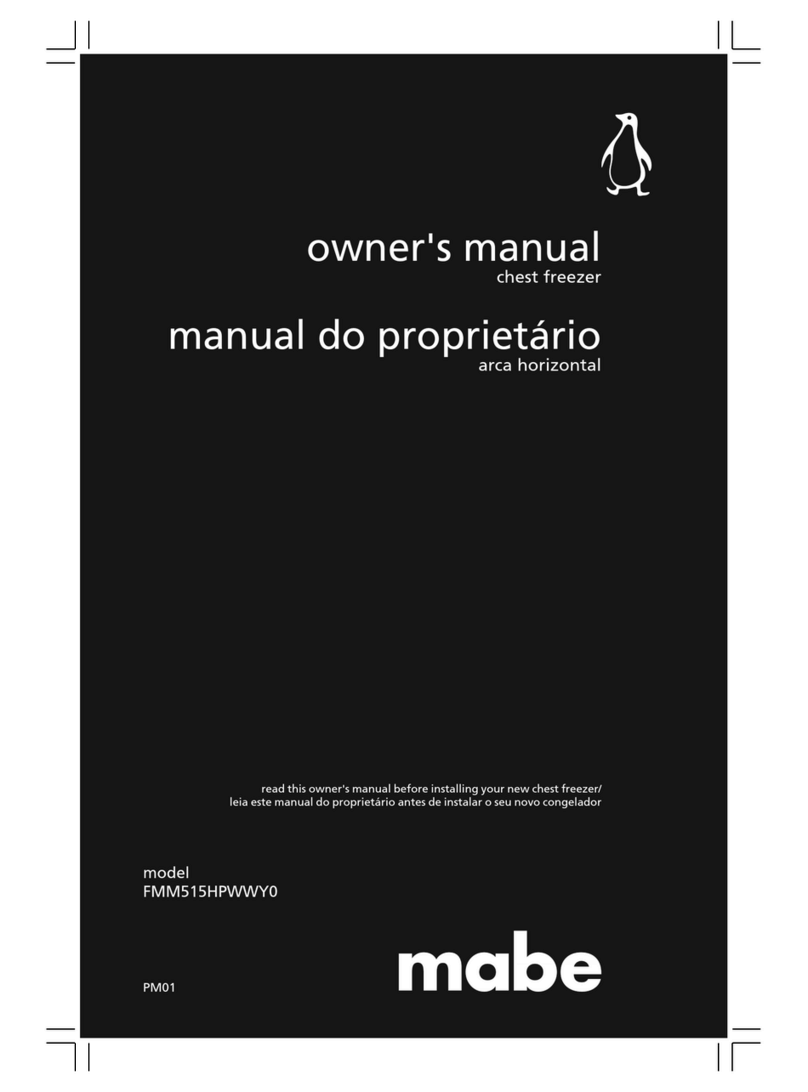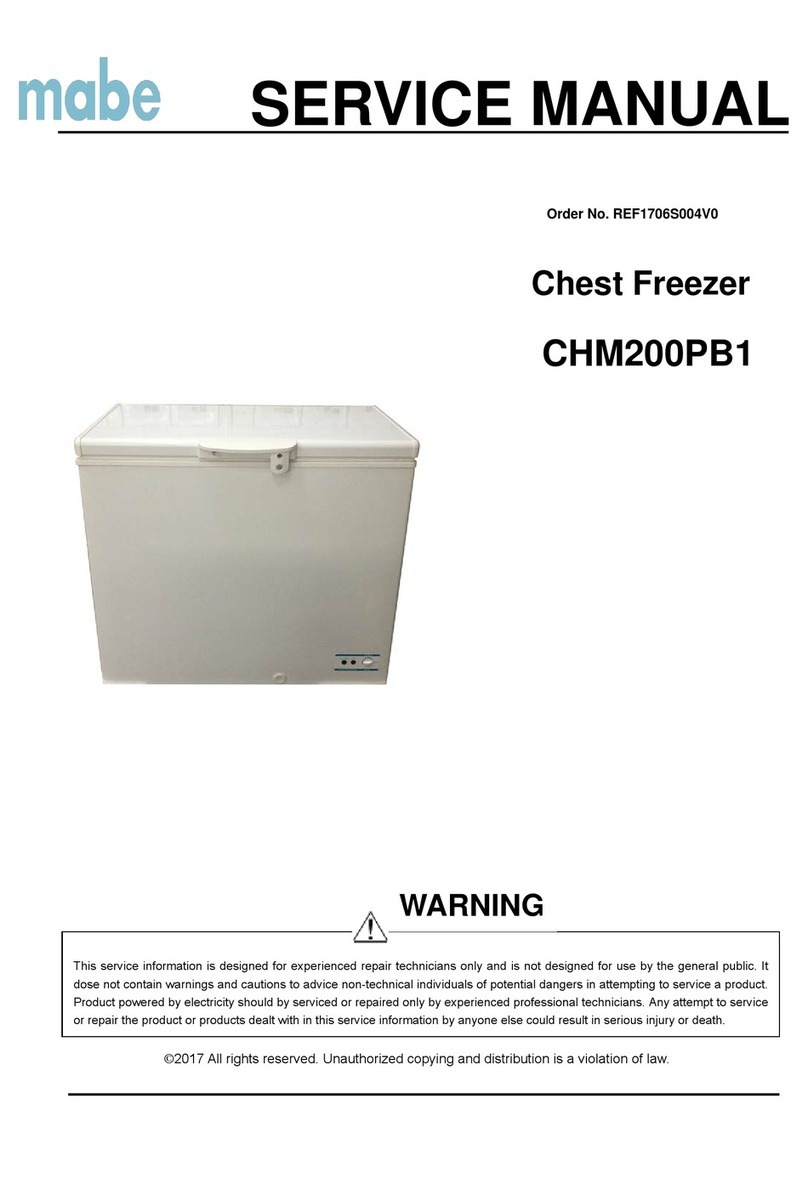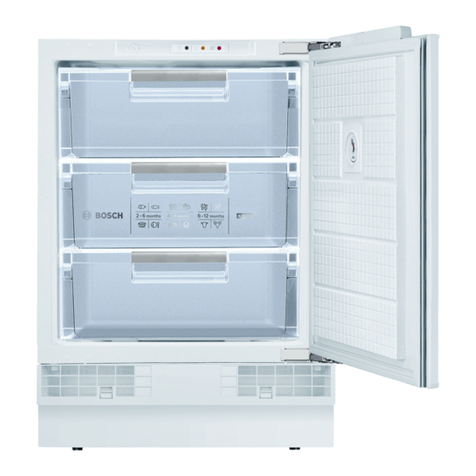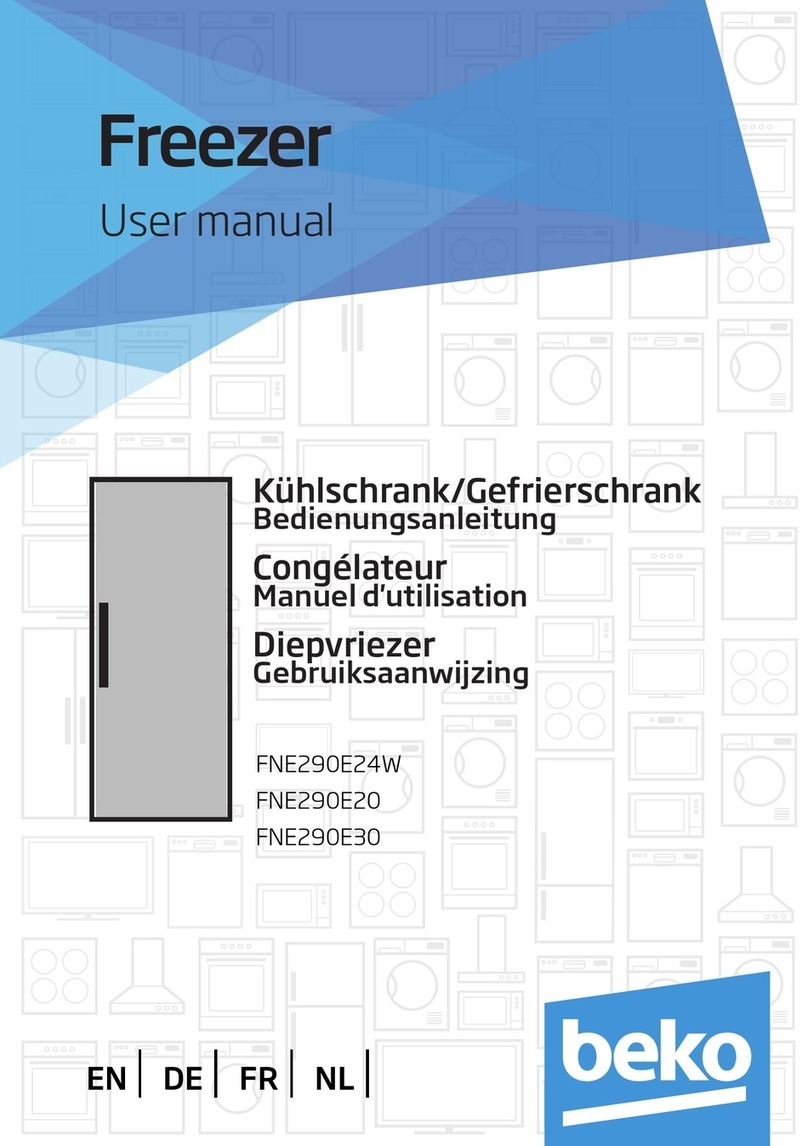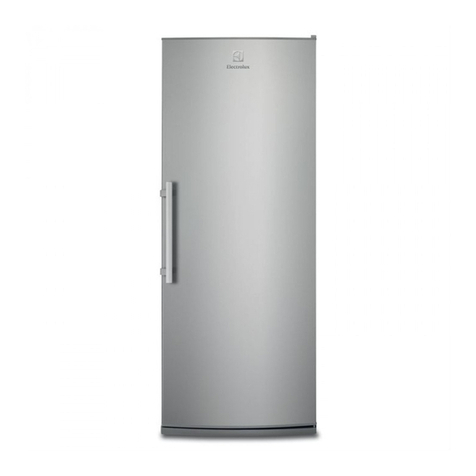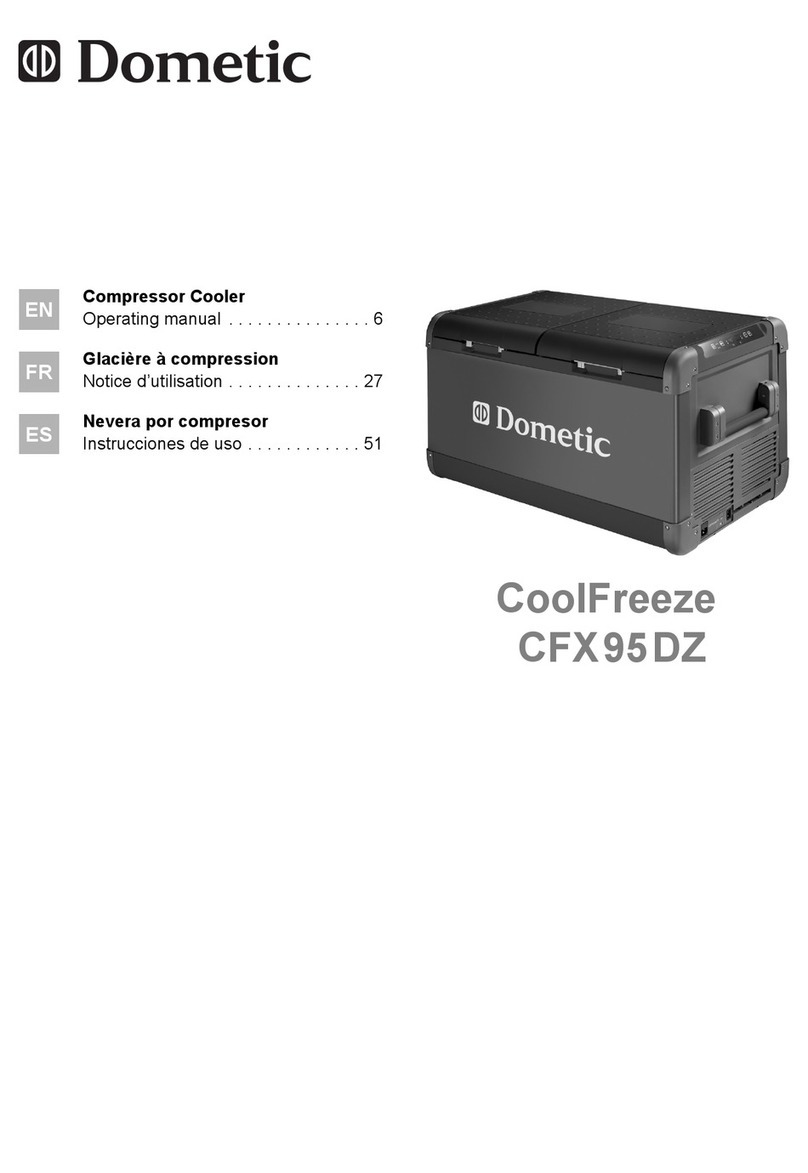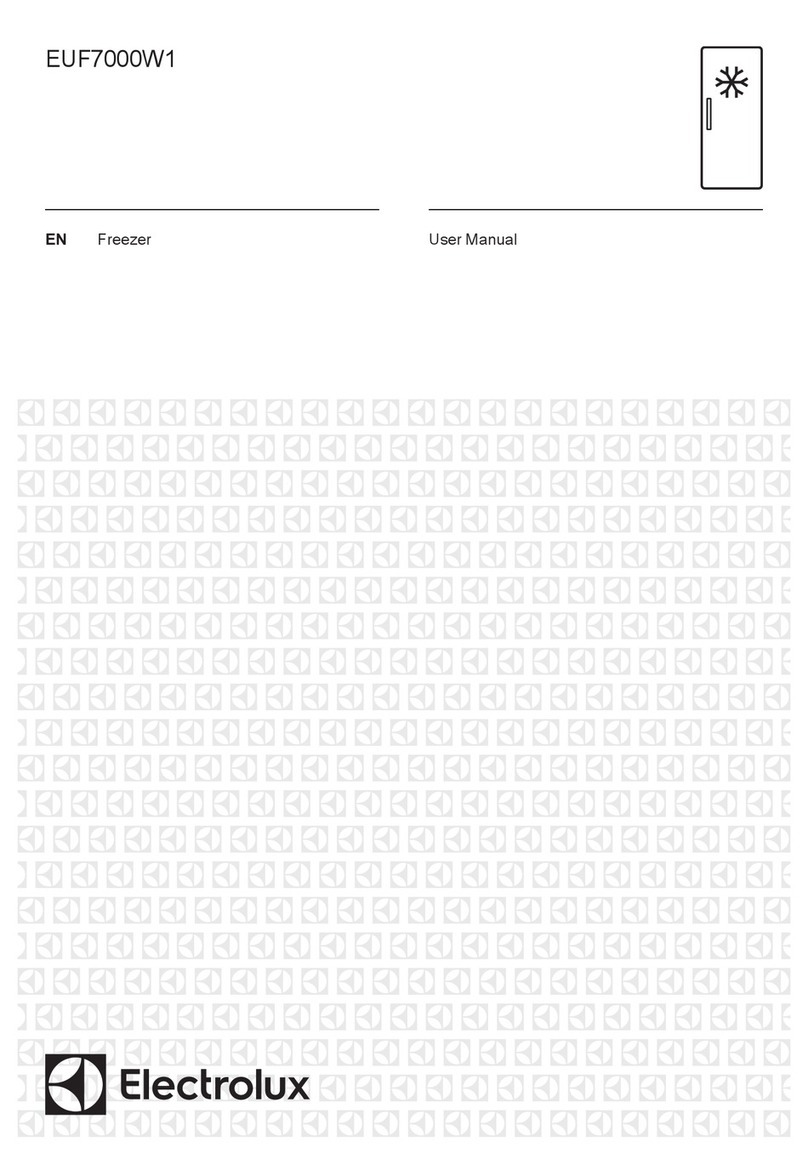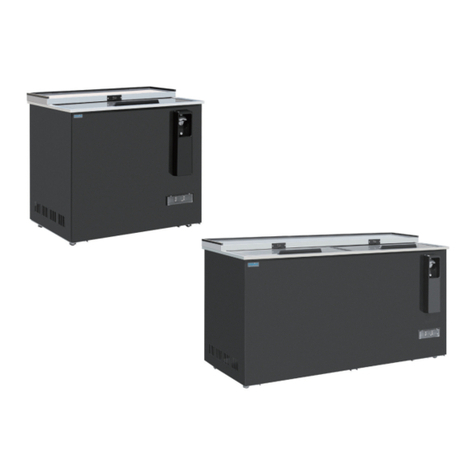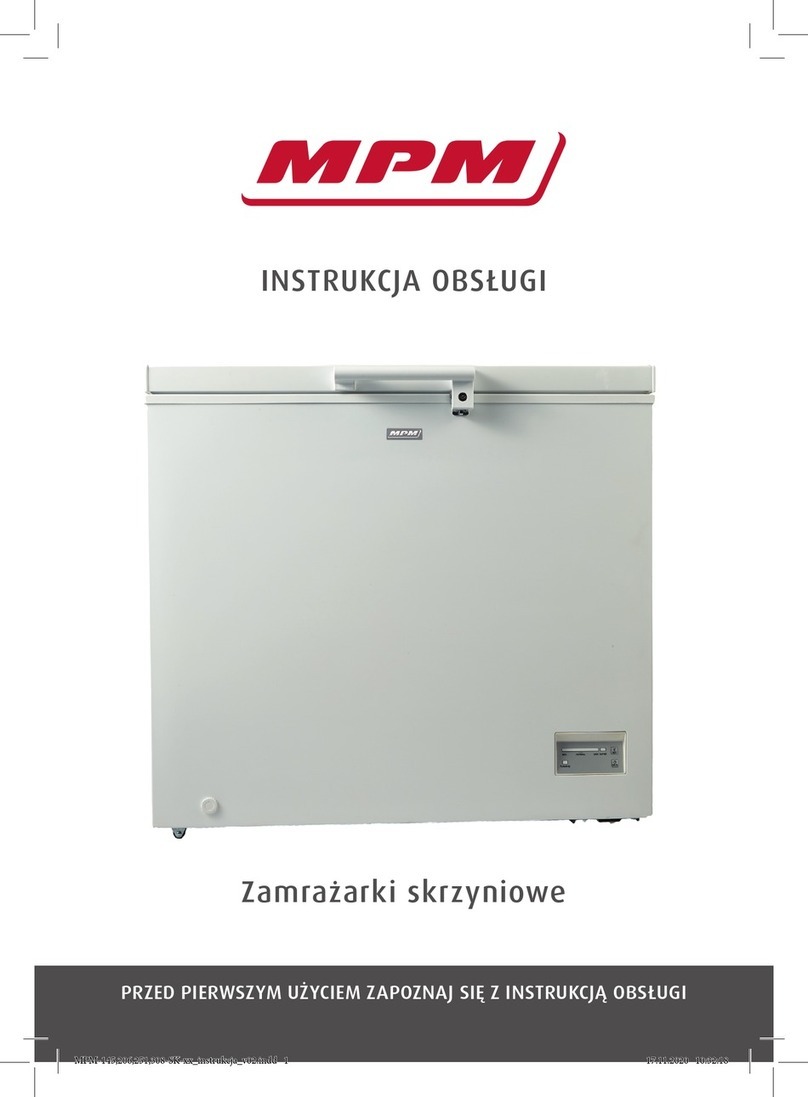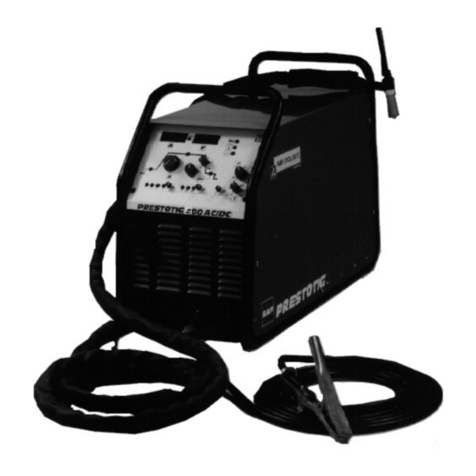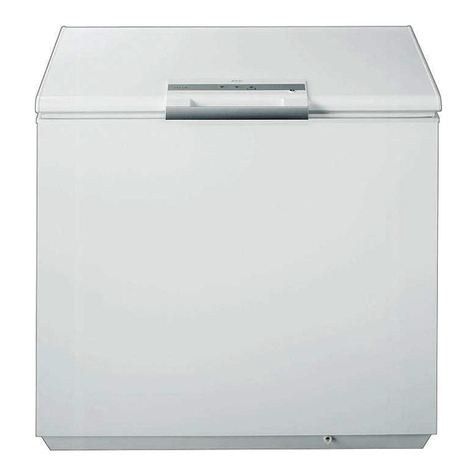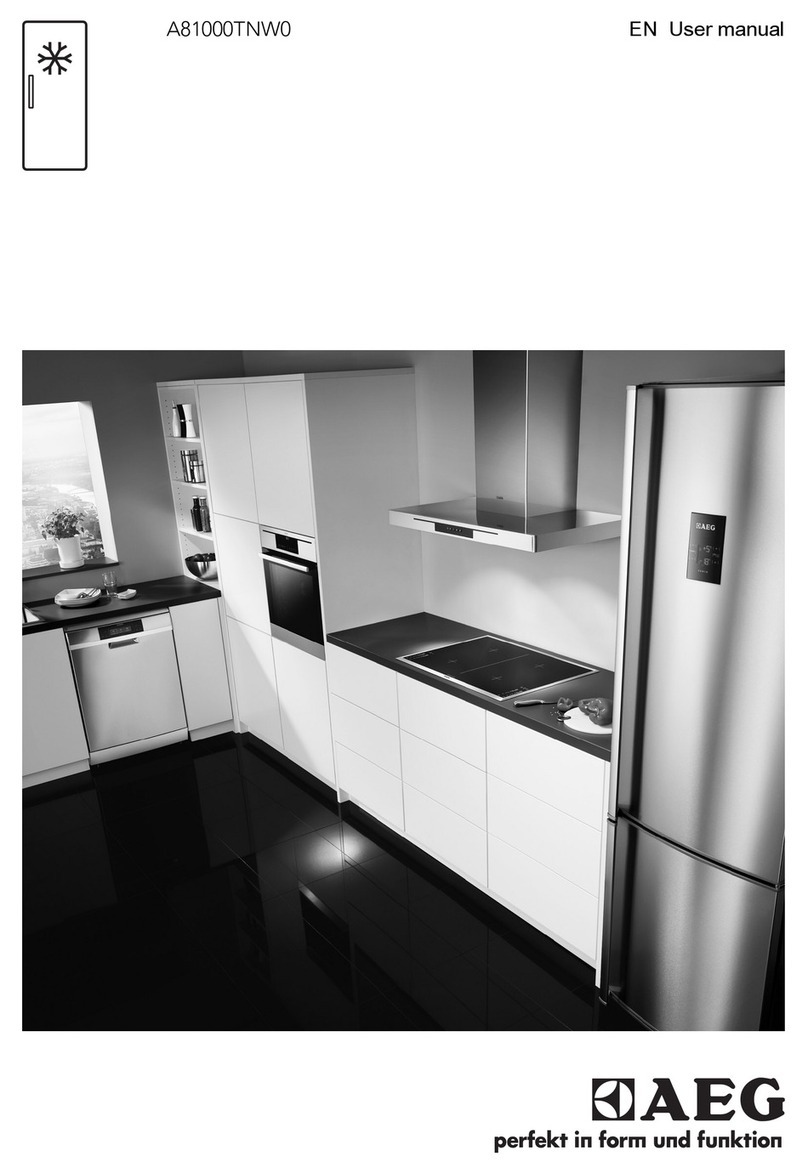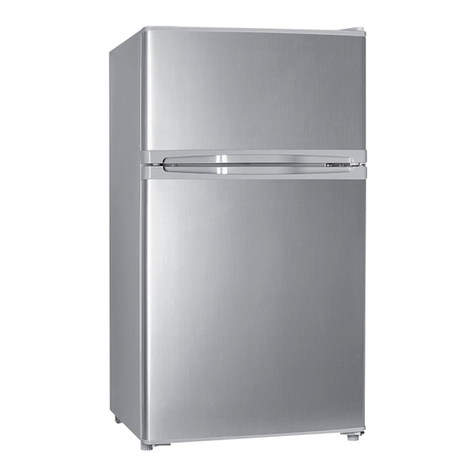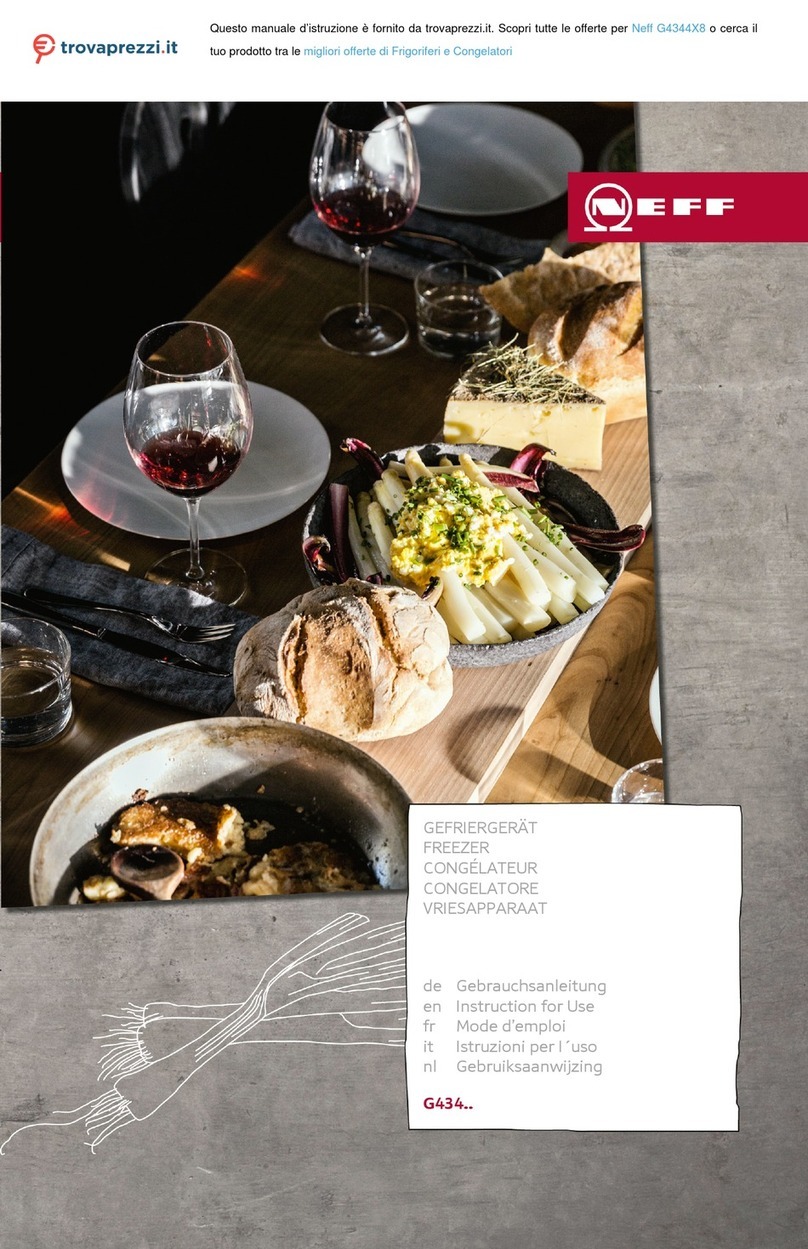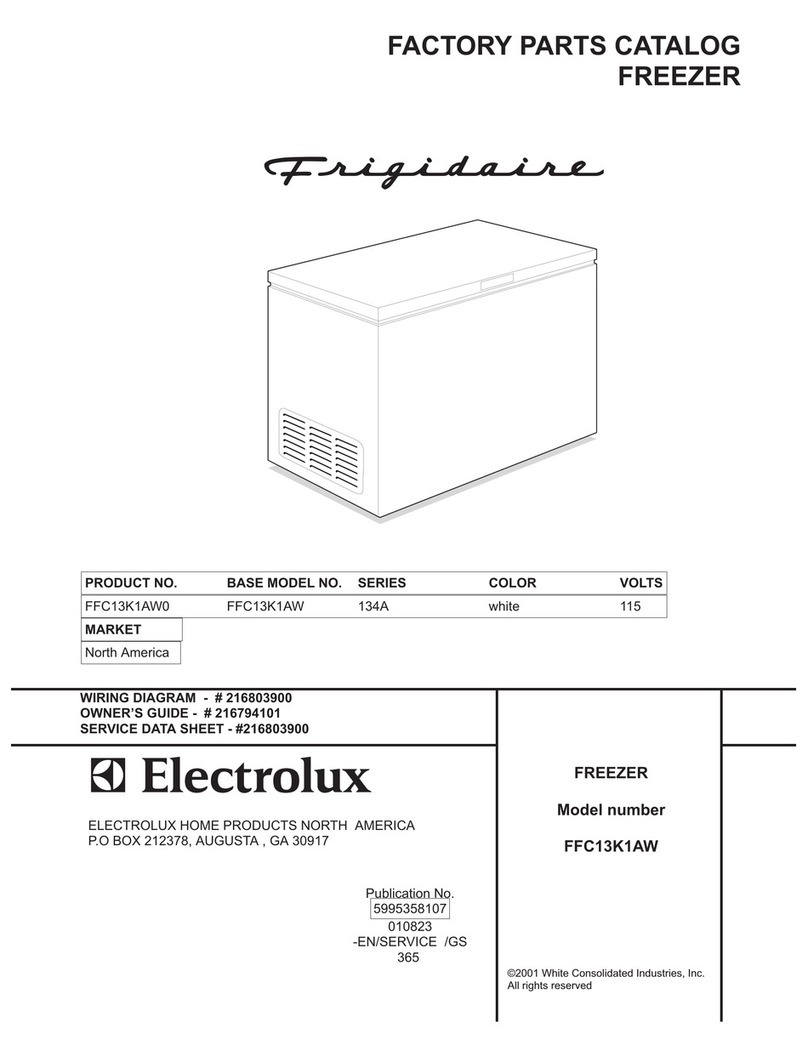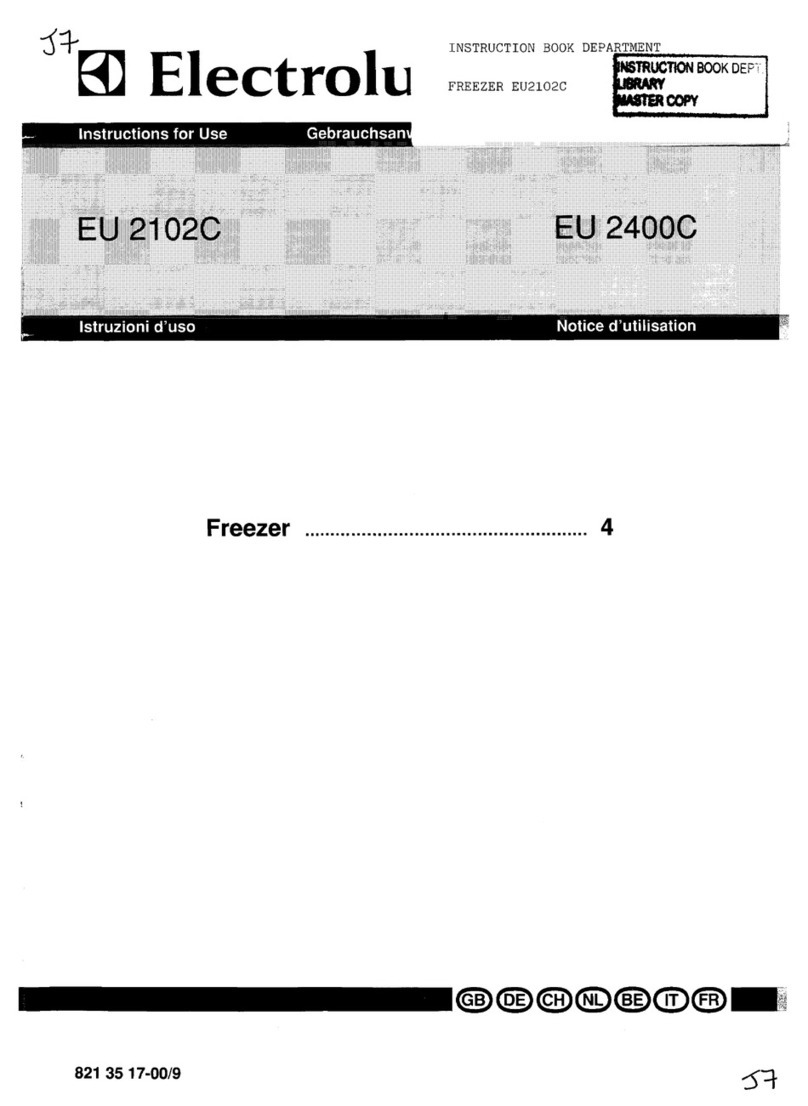
Contents
Chapter 1 General Information .................................................................................................................. 3
1-1. General Guidelines............................................................................................................................. 3
1-2. Insurance Test .................................................................................................................................... 3
1-3. How to read this Service Manual ........................................................................................................ 4
Chapter 2 Product Feature ........................................................................................................................ 5
2-1. SPECIFICATIONS .............................................................................................................................. 5
2-2. External view ...................................................................................................................................... 6
Chapter 3Installation, adjustments and maintenance ................................................................................. 7
3-1.Unpacking ........................................................................................................................................... 7
3-2.Adjusting ............................................................................................................................................. 7
3-3.Electrical Requirement ........................................................................................................................ 8
3-4.Defrost ................................................................................................................................................ 8
3-5. Cleaning............................................................................................................................................. 8
Chapter 4Disassembly ............................................................................................................................ 10
4-1. Door assembly (Door, hinge, hinge cover) ........................................................................................ 10
4-2. Compartment Grill assembly ............................................................................................................ 10
4-3. Control panel assembly
●(Panel, cover board, knob, indicator light) ..................................................... 11
4-4. Thermostat assembly
● ....................................................................................................................... 11
Chap
●ter 5Control and display system ...................................................................................................... 12
5-2. Starting the Freezer.......................................................................................................................... 13
Chapter 6System flow principle ............................................................................................................... 14
6-1.Refrigeration flow chart...................................................................................................................... 14
6-2. Refrigeration flow scenograph .......................................................................................................... 15
Chapter 7Circuit diagram
● ......................................................................................................................... 16
7-1. Briefprinciple diagram ....................................................................................................................... 16
Chapter 8Trouble shooting ...................................................................................................................... 17
8-1.Normal phenomena ........................................................................................................................... 17
8-2. Abnormal phenomena ...................................................................................................................... 19
